Does HMRC Check All Self-Assessments?
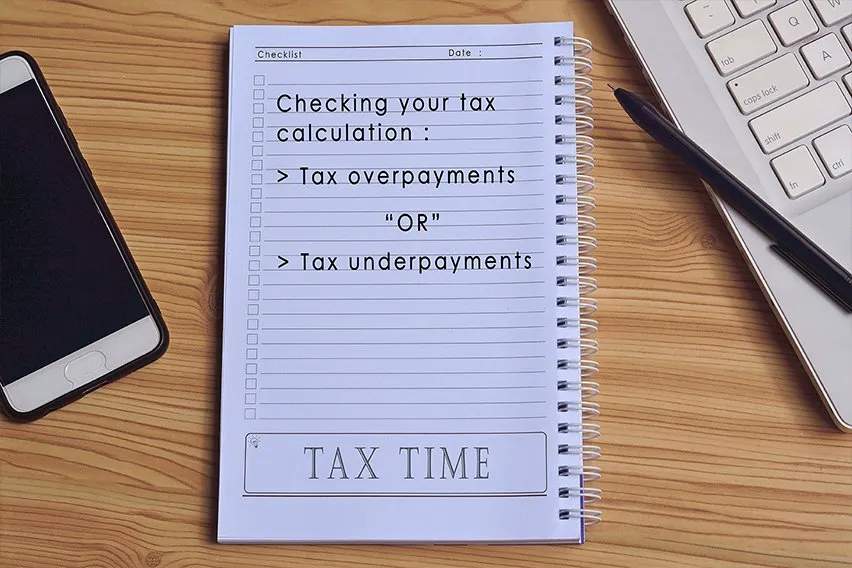
HMRC processes all self-assessment tax returns, collecting your income tax and issuing any tax relief. Lots of this administration has been automated as they don’t have the staff to fully check every single tax return individually. But HMRC does carry out ‘compliance checks’ on a random percentage of self-assessment tax returns and on those that alert their suspicions.
Here’s a brief explanation of what HMRC considers suspicious, where they get their information and what happens if you’re involved in a self-assessment compliance check.
Here’s What We’ll Cover:
What Triggers an HMRC Compliance Check Into My Tax Return?
Where Does HMRC Get Their Information?
How Do I Know if HMRC Is Investigating My Self-Assessment Tax Return?
How Long Does HMRC Have to Investigate My Tax Position?
How Can I Avoid a Compliance Check?
What Triggers an HMRC Compliance Check Into My Tax Return?
HMRC decides to issue a compliance check on businesses or individuals because of anomalies in their self-assessment – or other – tax returns.
These include:
- “entering figures on a return that appear to be wrong
- making a large claim for a VAT refund when turnover is low
- declaring a small amount of tax when turnover is high”

As tax investigation is usually triggered by a suspicion that you’ve not been entirely honest on your tax return. In practice, this means things like:
- Submitting your tax return after the deadline
- Making mistakes in your calculations – even if this is a genuine, accidental error
- Your income is substantially different to the previous year’s
- You’re late paying your tax bill
- Being in a ‘cash in hand’ industry
- Your books look noticeably different to other industry norms
- Someone has reported you to HMRC for financial indiscretions
- You or your business has spent substantially more than usual
HMRC’s aim is to eradicate tax fraud, make sure taxpayers’ paperwork is accurate and everyone is paying their fair share of tax. This potential to check self-assessments with an official procedure helps them do their job.
There are 3 types of tax investigation:
- Random: for example, a check on a proportion of self-assessment tax returns to assess accuracy
- Aspect inquiry: Where HMRC are focusing on 1 aspect of your tax position, like a particular section of your tax return
- Full inquiry: HMRC audit all aspects of your business’s finances, and those of its directors if you’re a limited company
All tax investigations are stressful, whichever level you’re at. You can appoint a tax agent or other qualified professional to handle it for you and communicate with HMRC on your behalf. All responsibility still lies with you, to provide accurate information and pay any tax owed.
So you can give your accountant permission to access your FreshBooks account and let them deal with the details of your tax audit.
Remember that these rules also apply to VAT returns, corporation tax returns and any other way taxpayers report to the UK tax authorities.
Where Does HMRC Get Their Information?
It’s very important to realise exactly how much information HMRC has about your business, life and finances. Include all your income, even if it’s just a little bit extra from a new side hustle.
HMRC has a computer system called Connect. And never has something been more aptly named. It draws on data from a huge array of sources, starting with other government departments. It connects to the Land Registry, Driver and Vehicle Licensing Agency (DVLA) and the electoral roll, among others. And of course there’s all the online information you put out there yourself, mainly through social media. HMRC are entitled to see your bank accounts and, more recently, have the cooperation of cryptocurrency platforms.
Their computer system analyses all these disparate sources of information and detects anomalies that throw up red flags to HMRC staff. For more information about all the places HMRC finds their information, read our article ‘How Does HMRC Know About Undeclared Income That You Have Not Paid Tax On?’
How Do I Know if HMRC Is Investigating My Self-Assessment Tax Return?
HMRC will contact you by letter, or sometimes with a phone call, to let you know they are investigating your self-assessment tax return. Do not ignore the instructions on the letter. If you’re in any way suspicious of any communications, don’t respond and call an official HMRC phone number. Any HMRC representative would rather people were more cautious, given the huge issue we have with criminal scams.

How Long Does HMRC Have to Investigate My Tax Position?
With self-assessment tax returns, HMRC has 12 months from the date of filing to resolve any inconsistencies and investigate if necessary. But they have much longer, depending on the reason behind their investigation:
- 4 years: for accidental errors or random
- 6 years: for ‘careless behaviour’ that’s led to an incomplete disclosure
- 20 years: for neglect or deliberate fraud
Here’s our more in depth article about what happens if you’re investigated by HMRC.
How Can I Avoid a Compliance Check?
By its very definition, it’s impossible to avoid a random compliance check on your self-assessment tax return.
But you can make sure you don’t arouse HMRC’s suspicions by simple following correct procedure:
- Get your tax return submitted online and on time
- Make sure all your figures are right – hire experts if necessary
- Keep accurate business records – then if you are investigated, you don’t need to worry
As a FreshBooks user, you’ve pretty much got all this sorted anyway! Your records are all stored, calculations are worked out as you go and your accountant sees everything once you give them permission.
Lots of HMRC’s questions are simple and easily resolved. So you really don’t need to instantly panic if they do get in touch. Sometimes you’ve just typed in digits the wrong way round and that’s thrown off your final calculation. Just answer honestly and provide any information you’re asked for – you’ve got it right there in your FreshBooks account, just a couple of clicks away.
RELATED ARTICLES

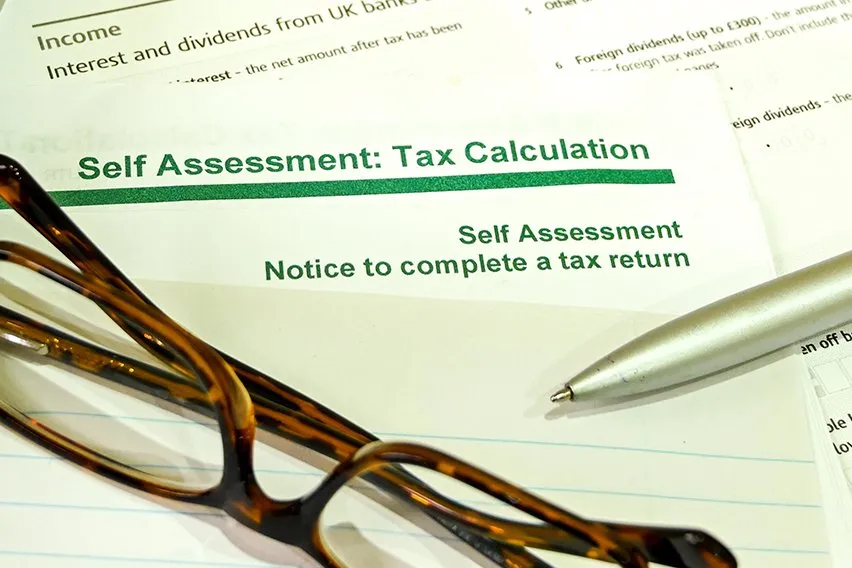 Self Assessment Tax Return Deadline
Self Assessment Tax Return Deadline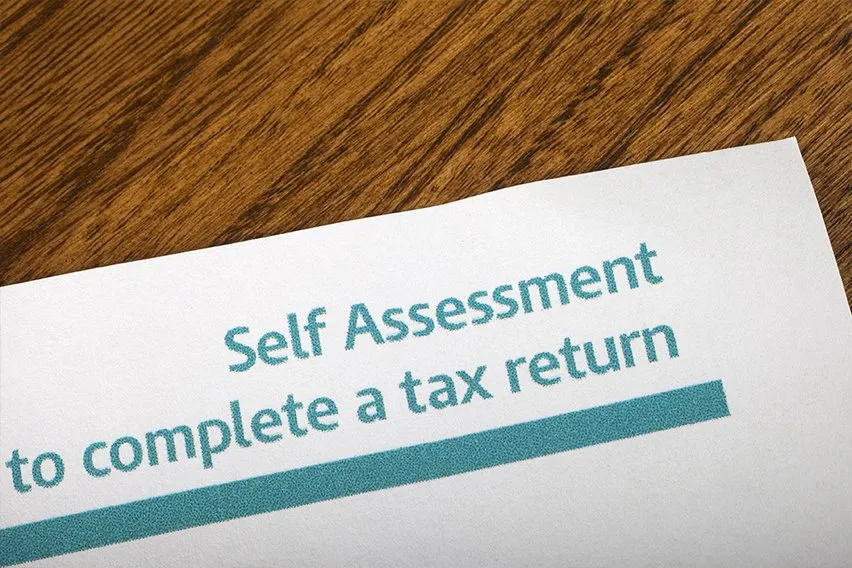 Self-Assessment Tax Return: A Step-by-Step Filing Guide
Self-Assessment Tax Return: A Step-by-Step Filing Guide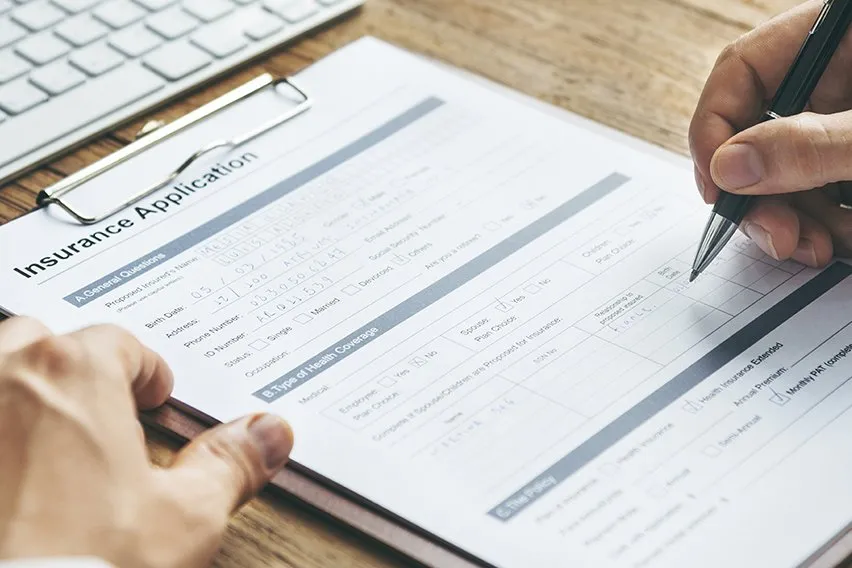 Can I Reclaim Insurance Premium Tax on My VAT Return?
Can I Reclaim Insurance Premium Tax on My VAT Return?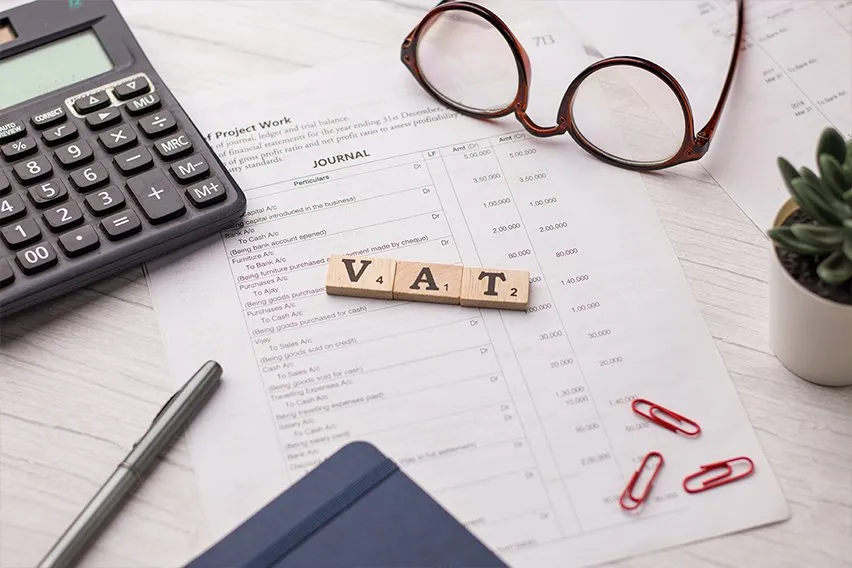 Who is Liable for VAT?
Who is Liable for VAT?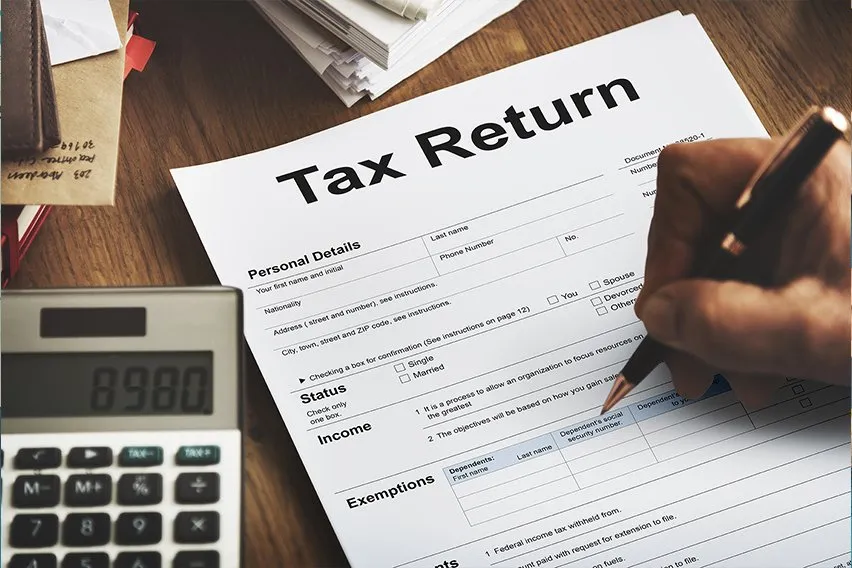 VAT Penalties: All You Need to Know About the New System
VAT Penalties: All You Need to Know About the New System Submit VAT Return Online: HMRC VAT Filing Guide
Submit VAT Return Online: HMRC VAT Filing Guide